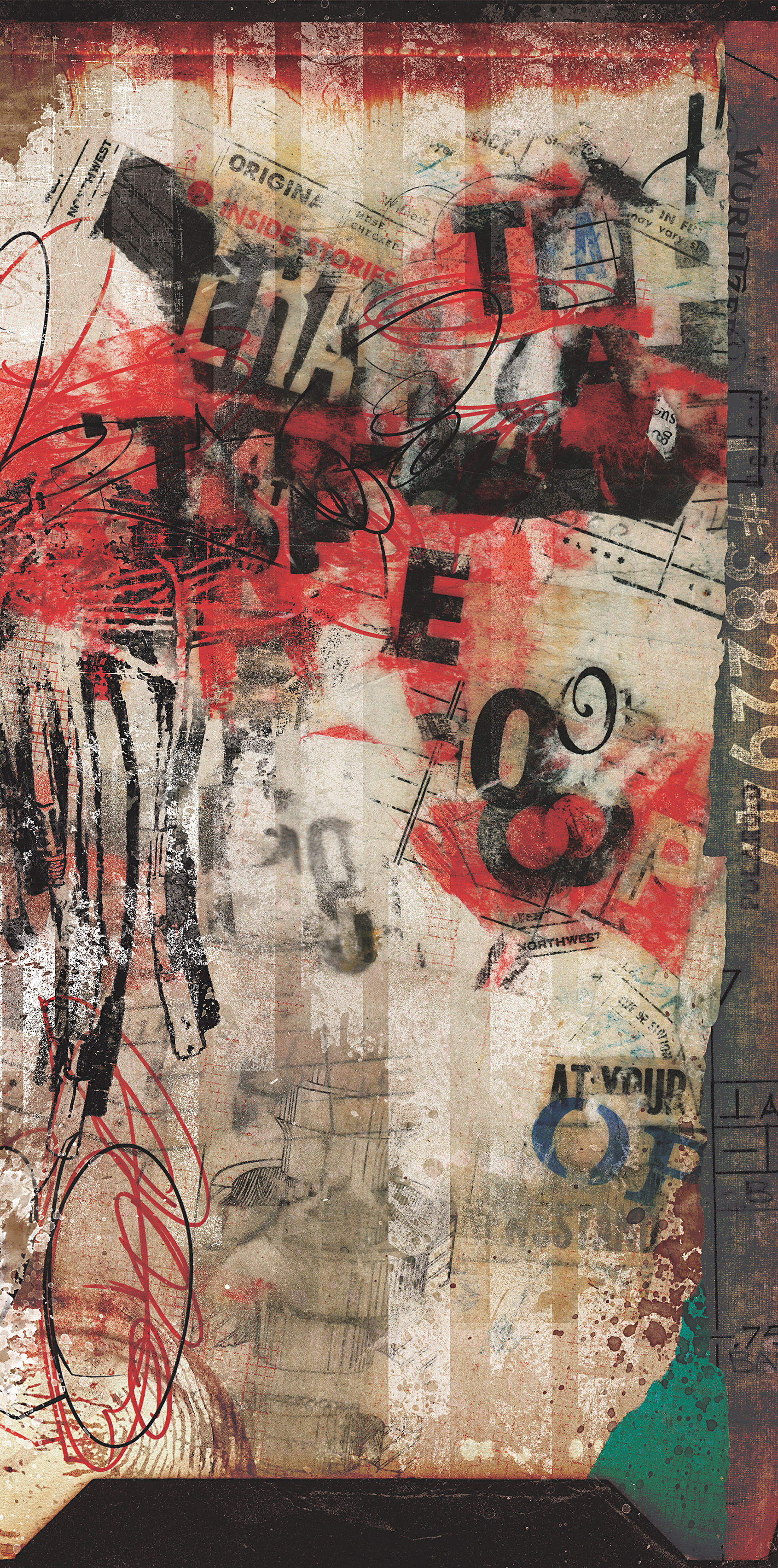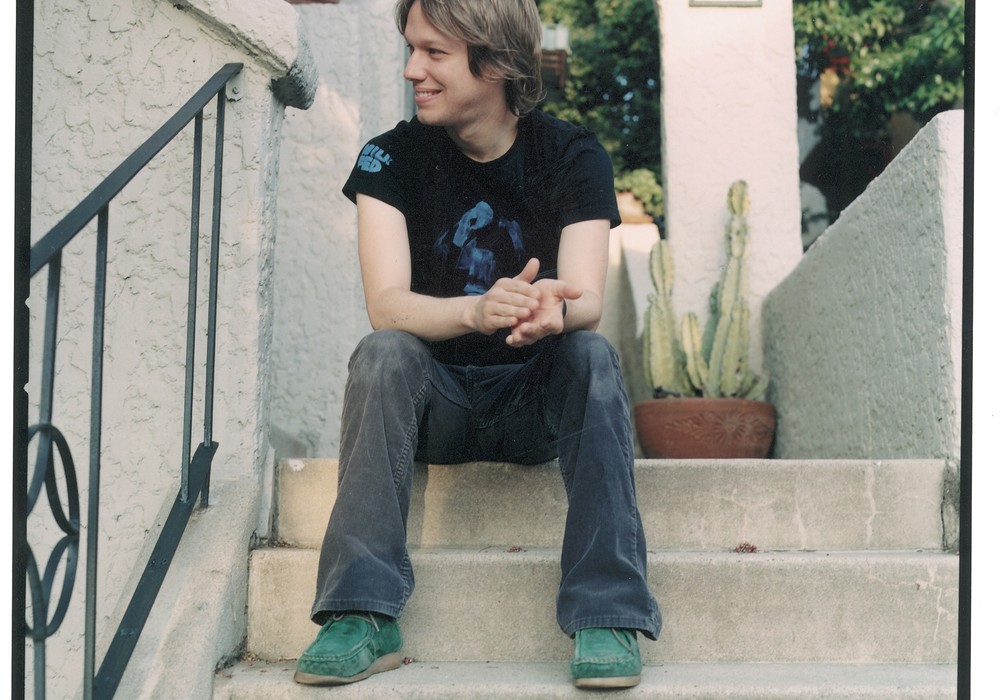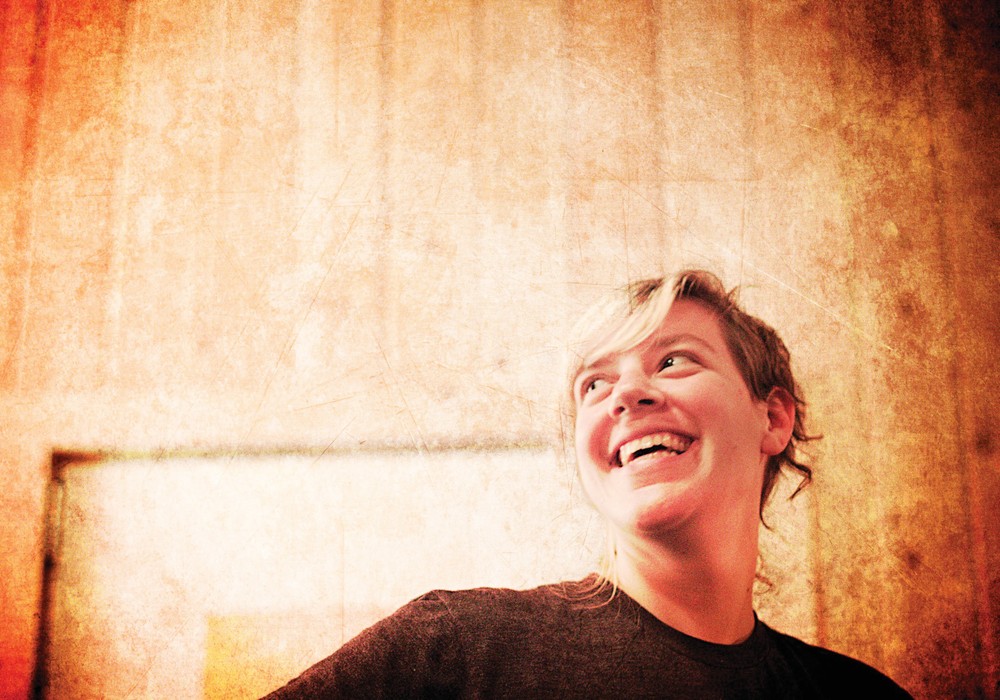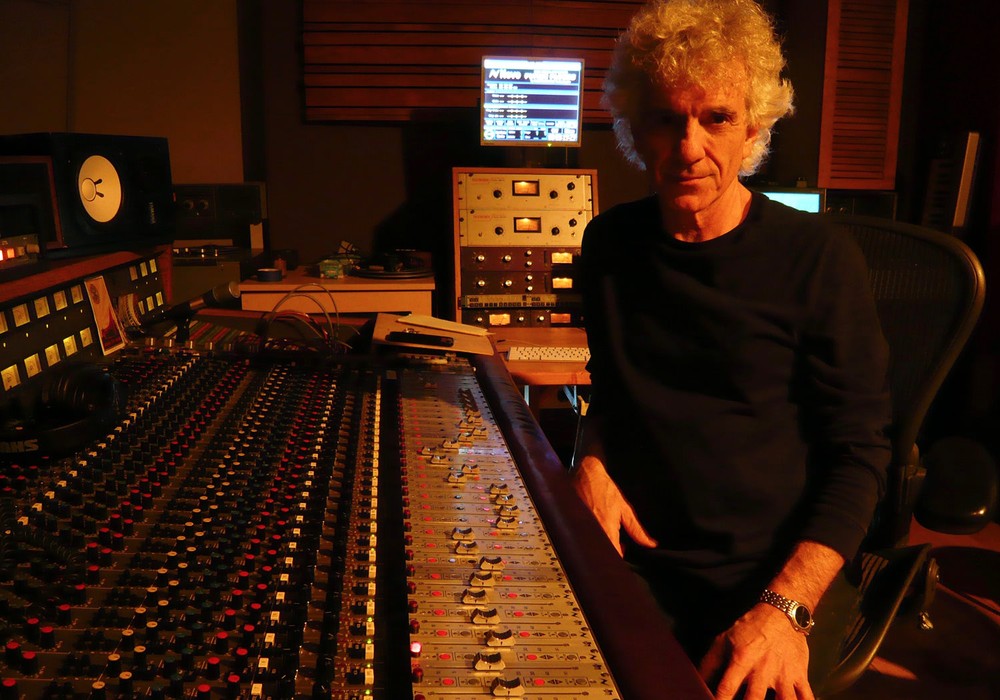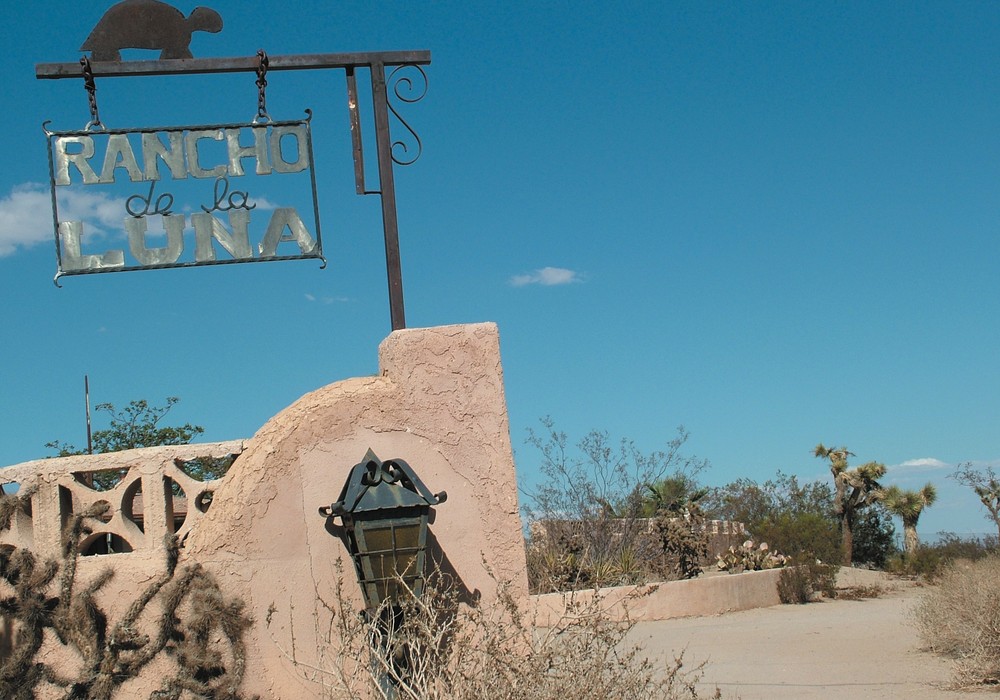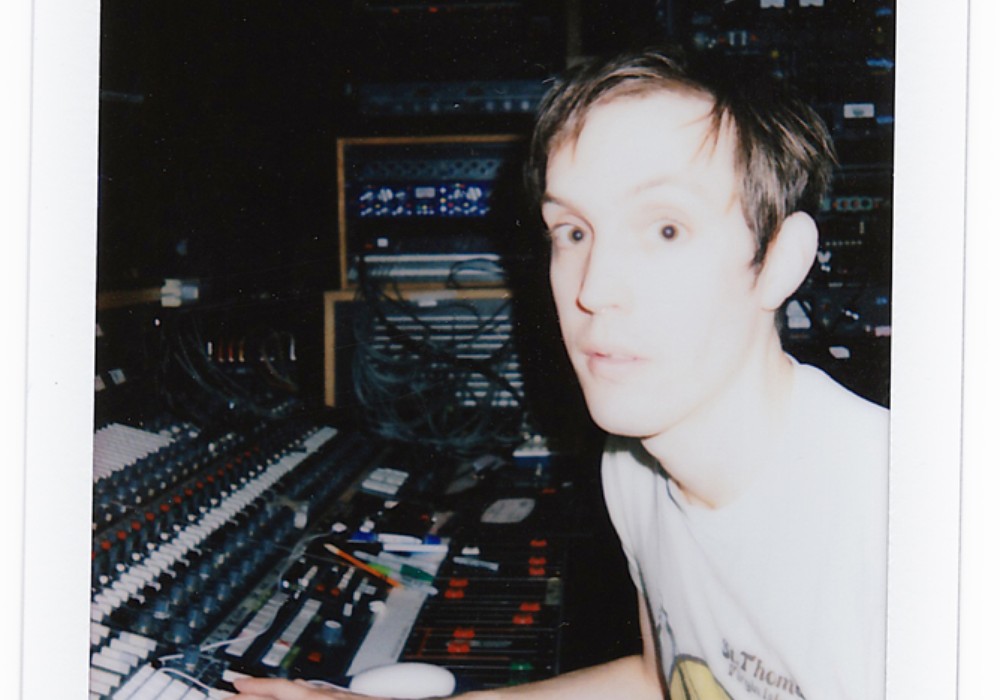Years ago, I met John Plymale at one of our TapeOpCon events. He currently lives in Norfolk, Virginia, and has helmed amazing projects including the Squirrel Nut Zippers, Superchunk, and the Meat Puppets. Recently John produced the album Steadman’s Wake for one of my favorite bands from North Carolina, The Connells. We hadn’t chatted in years, and it was great, and maybe even surprising, to catch up!
We seem to have a very, very similar path into recording.
Very similar. In your Tape Op End Rants, it’s hilarious, because they’re almost always parallel to the way I look at things. I guess a lot of that comes from both of us going through the process and being in this business at similar times.
We both started off in bands in the punk, post-punk, whatever era. Did you go into studios to record and get fascinated by it from there?
Totally. We were seniors in high school when we started our first band. We all liked a bunch of those British ska bands, like The Specials and The English Beat, and we started playing their covers. Two or three months into being a band, our guitar player wrote a song, and we’re like, “You can write a song?” So, me and the drummer were like, “Heck, let’s try to write songs too.” That band picked up and got popular quickly because we were high school kids; we were the hip thing to go do, to go see.
That was Pressure Boys?
Yeah. The guy who booked Cat’s Cradle at that point said, “Hey, I could get you gigs out of town if you had a demo tape.” He set us up one early Sunday morning at the Cat’s Cradle and recorded us. At the end of the day, he was like, “Well, I’ll tell you what. This is not going to come out that good. You guys should go to this guy everybody talks about in Winston-Salem named Mitch Easter [Tape Op #21], because everybody says he knows what he’s doing.” We agreed. Walking into the studio with Mitch was probably the same way it was for you at that point. We walked in there and it was all these things we didn’t recognize. Big 2-inch tape machines and mixing consoles. Mitch is, of course, known for all kinds of cool, funky gear. We thought it was magical.
That’s really lucky too, to work with someone who’s not only a top-notch musician but sympathetic to the music you were doing.
When we let him do his thing, it was great. But, at one point, he made the mistake of saying, “Hey, I need a couple of extra hands during mixing. How about when we get to the chorus you turn the trombone up a little bit, right here to this mark on the board.” Once he taught us how to do that, we were all over the board. Everybody’s inching their own instruments up a little bit when no one’s looking. By the end of an hour of mixing, I’d look over and everybody’s faders were at the top, and all the needles are in the red. We printed a pretty hot mix. [laughter]
Oh, my god.
But you’re right. We were really lucky. We did come out of there with a much better-sounding demo than your average band might have gotten. That helped the band. It also exposed all of us, and maybe me in particular since I went down that path, to more of what a real session could be like. And the magic in the studio! Especially at that time, when the magic was more physical and in front of you than it is with a mouse.
Right. Hands on faders.
If somebody had a harebrained idea, we really had to think for a minute on how we could pull it off. Maybe we’ve got to turn the tape over and run it backwards or really carefully spot erase a section to make room for this nutty idea between the really important backing vocals we spent three days cutting. We had to plan it, and it took several people together to learn what to do, then rehearse it, and do it with the red light on at the right time. Also, the budget kept us from going too far down that pathway. After the first record we did with Mitch [Jump! Jump! Jump!], we scheduled time to do a second record [Rangledoon] within a year. Both of these were soon after we started the band. At the last minute he couldn’t do the second...
